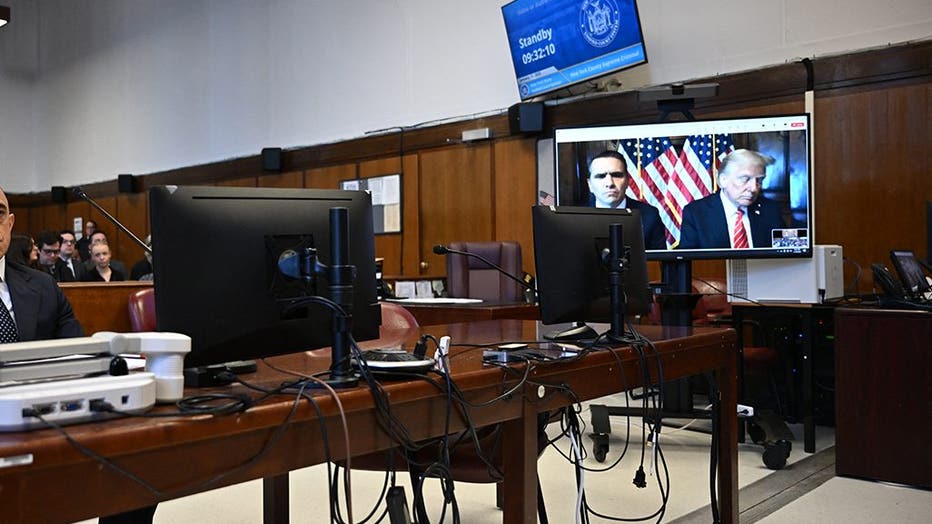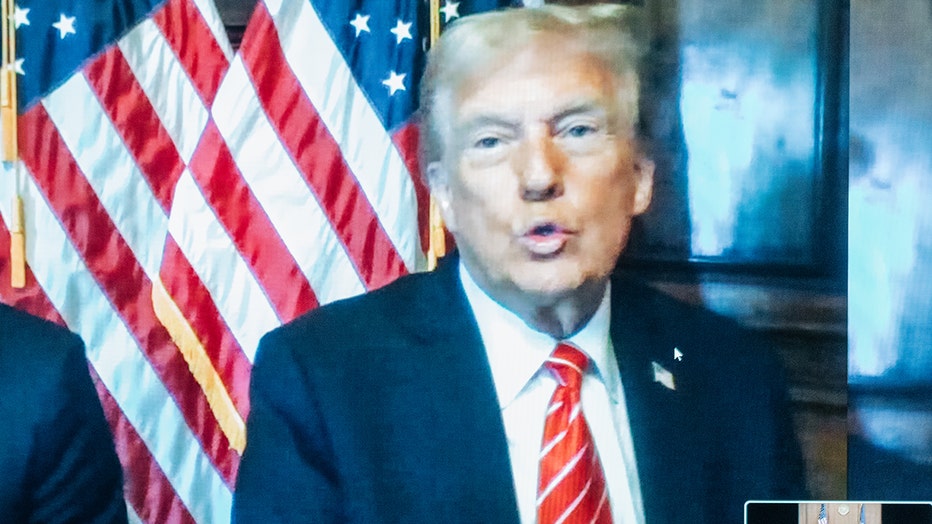What is unconditional discharge? Trump's sentence, explained

Judge sentences Trump in hush money case
A judge has sentenced President-elect Donald Trump with unconditional discharge in his hush money conviction. FOX 5 NY's Morgan McKay and Linda Schmidt have the updates.
NEW YORK - On Friday, Judge Juan M. Merchan sentenced President-elect Donald Trump to an unconditional discharge in connection with his hush money conviction.
This decision means Trump will not face jail time, probation, or fines, but the conviction will remain on his legal record.
The backstory:
During the sentencing, Trump continued to maintain his innocence, claiming the payment was merely a "legal expense to Cohen." He also reiterated that the case was "an injustice of justice," citing that many legal experts believed it should never have been brought to court.

What is unconditional discharge?
What we know:
The prosecution recommended an unconditional discharge, given Trump’s upcoming return to the White House and other circumstances. Although the case carried a potential sentence of up to four years in prison, Trump will avoid further punishment.

NEW YORK, NEW YORK - JANUARY 10: U.S. President-elect Donald Trump appears remotely for a sentencing hearing in front of New York State Judge Juan Merchan at Manhattan Criminal Court on January 10, 2025 in New York City. The U.S. Supreme Court reject
Trump’s legal team has continued to argue that the case was politically motivated. Steven Cheung, a spokesperson, issued a statement saying the case should be dismissed entirely. Trump also commented that "the verdict was unanimous and decisive and must be respected."
When does Trump take office?
With just 10 days remaining before his inauguration, Trump will become the first U.S. president to take office with a criminal conviction on his record.

